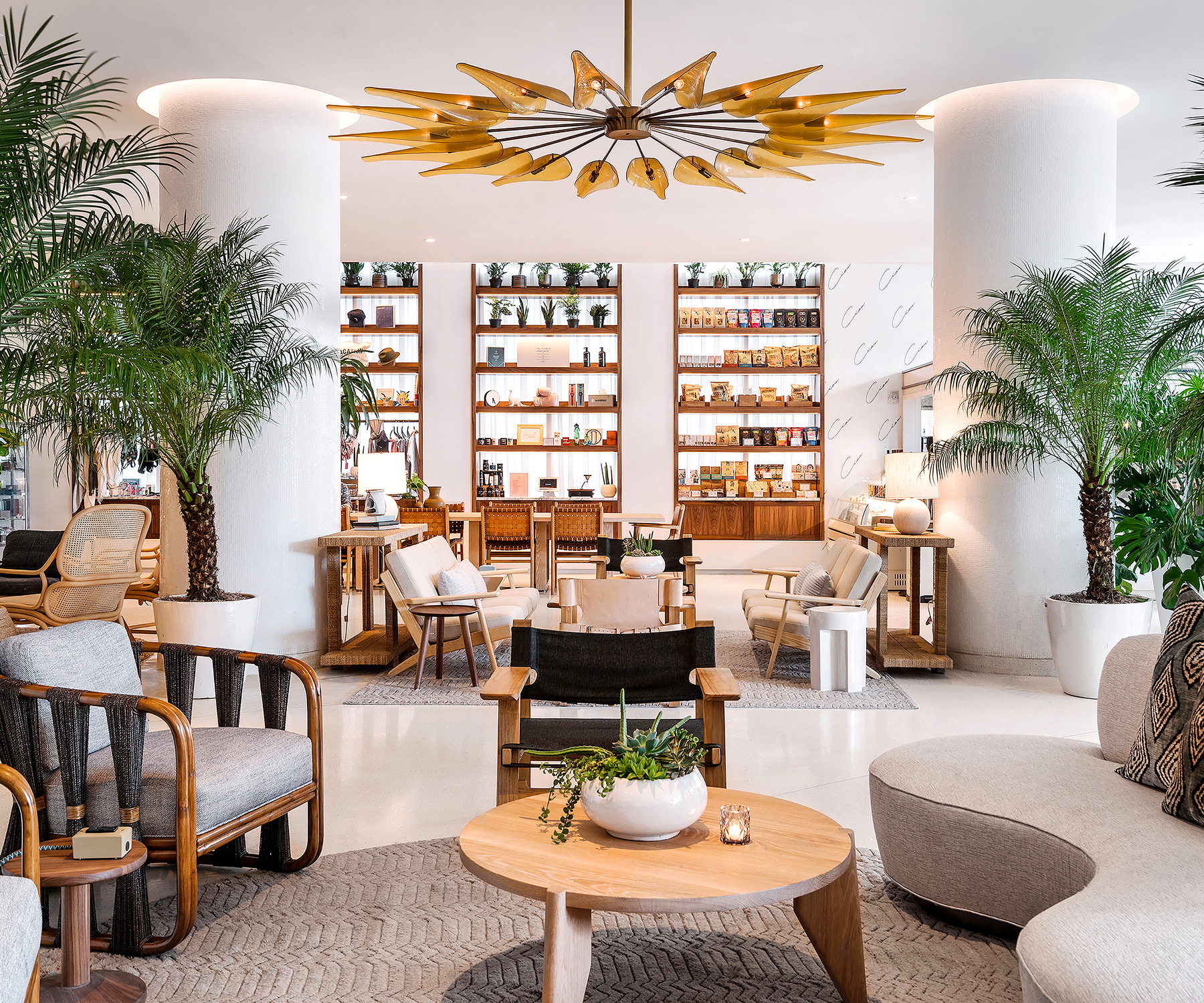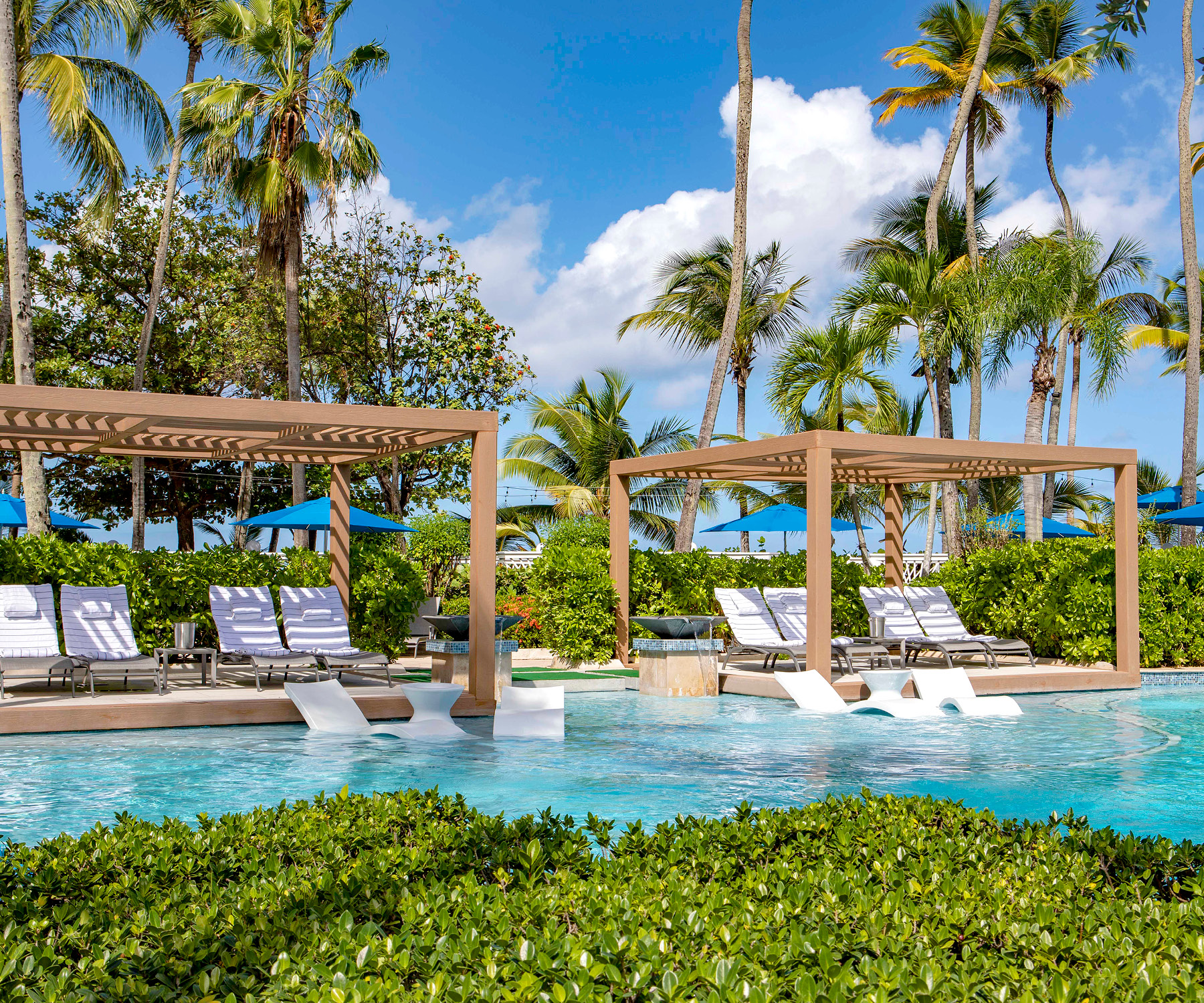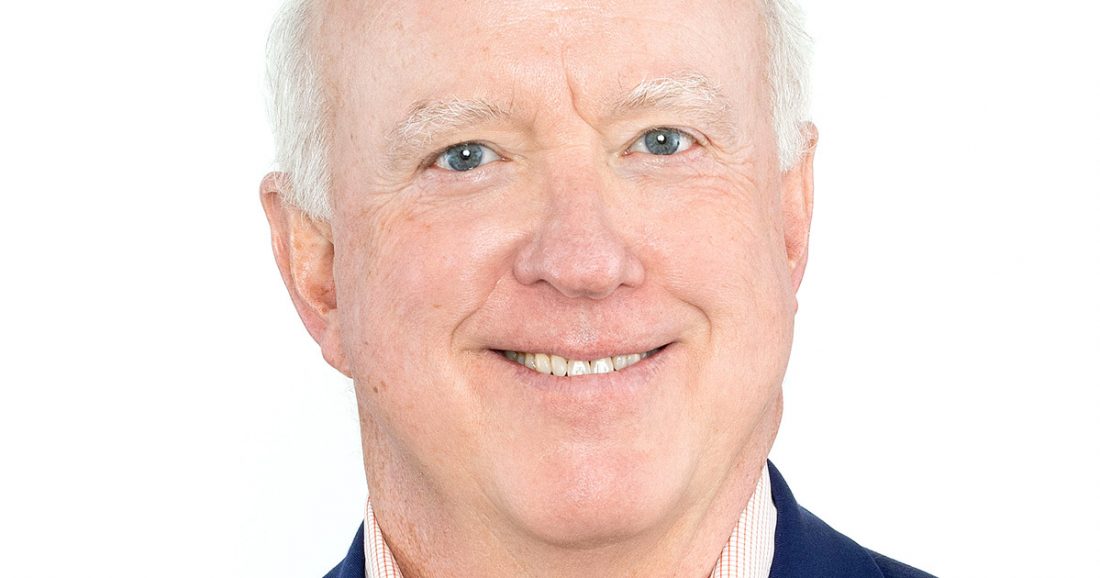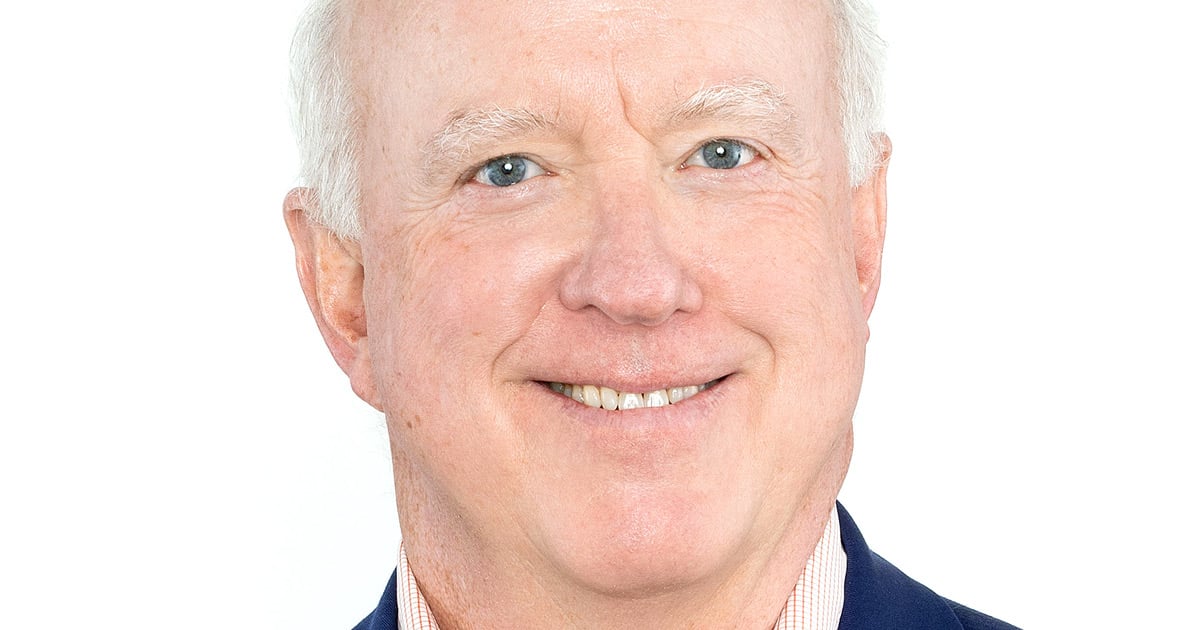When the going gets tough in the hotel business, the tough seize opportunities that few others realize were there to be seized.
That’s certainly true of Sonesta International Hotels CEO John Murray, who stepped in to acquire the hotel chain in the global financial crisis 15 years ago and more recently, to take over its leadership during the COVID-19 pandemic.
In doing so, he put Sonesta on a pathway to extraordinary growth that has seen it establish 1,200 hotels worldwide and become the eighth largest hotel company in the world, with more than 100,000 guest rooms across 15 prestigious brands in eight countries.

Advertisement
Its portfolio includes The Royal Sonesta; The James Hotels; Sonesta Hotels, Resorts & Cruises; Sonesta Select; Sonesta Essential; Sonesta Simply Suites; Sonesta ES Suites; Red Lion Hotels, Inns & Suites by Sonesta; Signature Inn by Sonesta; Americas Best Value Inn by Sonesta; and Canadas Best Value Inn by Sonesta.
Murray’s involvement came about through Service Properties Trust, a real estate investment trust that he helped take public in 1994 and where he subsequently served as President for 22 years. It currently manages assets worth more than US$42 billion and bought Sonesta in early 2012 when the effects of the economic downturn were still being felt.
Repositioning for Growth
It wasn’t his only strategic acquisition that year. Murray anticipated the possibility of future defaults and positioned the trust to manage properties directly if that became a necessity.
“During the great recession, another Boston-based firm named Sontesta was put in play by an activist shareholder. Even though it was a family-controlled company, they were advised by their bankers that they should sell,” he says.
Realizing it represented a golden opportunity for growth, Murray led the buyout and in doing so, expanded from managing two hotels to about 60 by the end of 2019. It marked a new beginning for Sonesta in managing hotels, as it moved across world-class brands including IHG and Wyndham.

“We opted to be proactive and control our own destiny.”
Then, during the pandemic, perhaps the biggest hospitality crisis in history, the Service Properties Trust transferred 200 Marriott and IHG hotels to Sonesta.
“When all these lockdowns were happening, these major chains were all saying, ‘Look, the hotels are emptying out so we can’t pay you a return on your investment,’ so we said, ‘Well, guess what? We have shareholders who we need to look out for also, and they’re not going to wait around until 2024,’” he recalls.
While many hotel chains were facing ruin, Murray grabbed the chance to pivot.
“We opted to be proactive and control our own destiny. Someone I knew at Wyndham called me and said, ‘Hey John, I’m trying to buy Red Lion Hotels, but my capital partner has pulled out because of the pandemic.’ So we bought Red Lion Hotels into Sonesta,” he says.
Integration and Streamlining
Murray paid US$90 million for Red Lion’s 900 properties, integrating them under the Sonesta umbrella – no mean feat given the commotion caused by stay-at-home orders and economic uncertainty.
“It was a challenging time for the investment trust to raise capital so I thought franchising would be a great way to go, and so that’s what we did with the acquisition of Red Lion,” he reveals.

Advertisement
Operations were streamlined and a cohesive brand image established.
“We merged the websites so all of the Sonesta and Red Lion brands were on the Sonesta website and mobile app. We combined the rewards mechanisms to form one Sonesta Travel Pass loyalty program with six million members instead of two with three million,” he explains.
Murray also formed strong relationships with around 15 key suppliers that became critical to the business, particularly in helping it improve its impressive ESG credentials by further boosting efficiencies. Among them is procure-to-pay specialist ReactorNet, which handles purchasing, accounts payable and stock orders.
Ecolab, too, has been critical in reducing Sonesta’s water use, carbon intensity and landfill waste in hotel kitchens, laundries and room cleaning, while supply chain management leader Avendra has helped the company reduce operational costs at dozens of its properties.

“It was a challenging time for the investment trust to raise capital so I thought franchising would be a great way to go.”
Another way Sonesta has optimized performance under Murray’s leadership is by leveraging technology to improve guest experiences.
“We’ve invested in a customer relationship management platform because we were really the only hotel company that didn’t know its own guests. Back in 2019, we’d been so small that it hadn’t been a focus but collating that data became an essential function for us,” he says.
This platform allows Sonesta to provide personalized experiences by recognizing repeat guests and anticipating their needs. Murray has pledged capital spending of US$500 million over the next two years on upgrading his hotels to make sure each brand stands out in its market category.
“We just signed a contract to purchase 30,000 televisions over the next three years and we’ll buy a similar number of mattresses. It’s an incredible capital investment, but if you don’t keep the properties up, the guest experience deteriorates,” he adds.
Harnessing Bleisure
One need Murray identified was an emerging trend: bleisure, the idea of augmenting a business trip with some pleasurable downtime. Worldwide, over a third of all business travelers include some extra time for leisure pursuits, nearly half of them inviting a partner along too.
“I did this myself. I attended a hotel conference in Los Angeles in January and went three days early so I could stay with my wife at a hotel in Santa Monica,” he points out.

Advertisement
It’s a smart way to entice corporate travelers back into hotels – an issue the whole industry has grappled with post-pandemic.
“Travel patterns have changed so much. A lot of our Sonesta Select hotels were developed for businesspeople visiting suburban office parks. But these days, it’s really hard to be one of those road warriors if the people who work in those office parks haven’t returned to their offices,” he notes.
“Those hotels were always our best-performing ones so it has had a negative effect. It’s gradually improving, but it’s really a slow haul as I’m not sure many of those will ever return to work in person.”
It’s an example of the need for flexible forward planning that can adapt quickly to rapidly changing circumstances, something Murray has achieved his whole career in good times and especially in bad times.
“The benefit of being what we call an 85-year-old startup is that all of our systems are kind of new so we have the ability to turn quickly, like a small battleship rather than a massive aircraft carrier,” he says.
“It helps to be a little bit nimble.”




